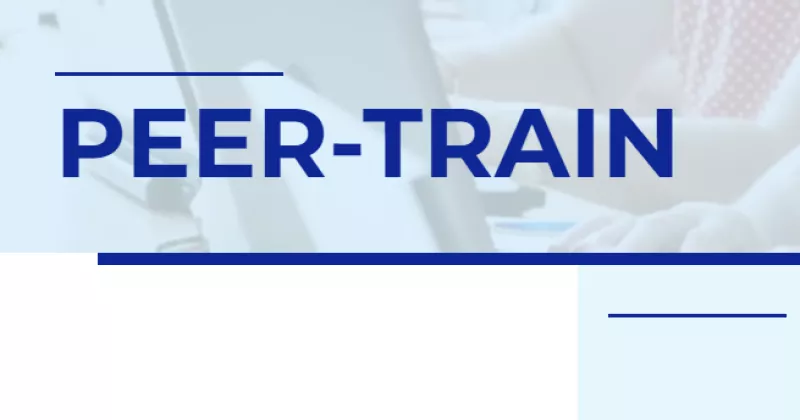Language learning and employability


The ability to communicate in several languages is among the key skills needed to meet labour market demands. Like other transferable skills, it makes both individuals and the economy more competitive, as demonstrated by a recent study on the impact of the Erasmus study exchange programme. This has long been acknowledged by the key institutions within the EU. Most recently, the 2014 Council Conclusions on multilingualism and the development of language competences explicitly recognised the contribution of language competences to the “mobility, employability and personal development of European citizens in line with the objectives of the Europe 2020 strategy for growth and jobs”.
For those involved in language teaching, it is important to have knowledge of the type of language skills in demand on the labour market to ensure that teaching, learning and assessment take account of these needs and focus on appropriate outcomes. A number of EU-wide initiatives are designed to support this. For example, through the Commission's Skills Panorama EU governments, employers' organisations, and trade unions contribute to forecasts of skills needs in different sectors, including projections of the need for language skills. ESCO is also a useful resource. This classifies European Skills, Competences, Qualifications and Occupations and provides clear information (in 24 languages) on the skills, abilities and qualifications required for various occupations in the EU.
Further, the recent report European Multilingualism (Experiences from the Lifelong Learning Programme 2007-2013) has indicated a range of projects in this area:
| Type of project | Project examples | details |
|---|---|---|
| Networks and information sharing | LILAMA | A mutual learning platform for the exchange and dissemination of guidelines, best practices and policy recommendations to design and implement linguistic policies oriented to labour market needs. Activities include:
|
| Assessment | CEFcult | Provides a platform for collaborative online assessment of oral proficiency for intercultural professional communication. The tool is geared towards employees, those seeking work, language teachers, and in-company trainers. The types of activities (self-learning, self-testing through recordings, and self-correction) are combined with the three modalities of assessing oral activities (self-, peer-, and expert-assessment). The platform is available in English, French, Dutch, German, Italian, Polish and Finnish. |
| Increasing language and intercultural competences | IDIAL4P | 1) Improves German language competency in central and eastern Europe; and 2) Increases knowledge of central and eastern European languages (Bulgarian, Polish, Slovenian, Hungarian and Russian) in Germany. There are online learning tools for job-relevant and subject-specific communication skills (including business communication, IT, tourism, and media). The modules combine language training and intercultural skills. The methodology of the project can be extended to other European languages and has influenced a project (BID) that combines the IDIAL4P methodology with a new type of on-the-job training. |
| Business language support | PELLIC CHINESECOM | Supports learners to: develop their English business language skills; set up and run virtual companies; and interact and trade with other practice enterprise companies in different countries. It has developed teacher support materials, an online guidebook, and a Teacher's Guide (available in EN, DE, ES, CZ, and FI). Supports Chinese language training for business professionals living or visiting China. It is accessible in English, Galician, Spanish, German, French, and Italian. |
| Sector specific | EuroCatering Be My Guest: Russian for European Hospitality | Provides language training for the hospitality sector. The target users are teachers, trainees and workers in full-time, part-time formal education and non-formal lifelong learning acquiring languages at levels A1-A2 on the Common European Framework. The project has received 7 European Language Label (ELL) Awards (in Belgium, Spain, Ireland, Italy, Norway and Slovenia), the CALICO Award (University of Texas) and has been given the European Language Label of Labels by the European Commission in 2012 |
Aaron Rajania is a senior research consultant in Ecorys UK, with a specific focus on education and employment policy and research work. Specific research areas include teacher training systems, learning pathways, quality assurance frameworks, and skills development in a work setting. He has lived and worked in a number of countries in Europe including Belgium, Germany, Hungary and the UK.




